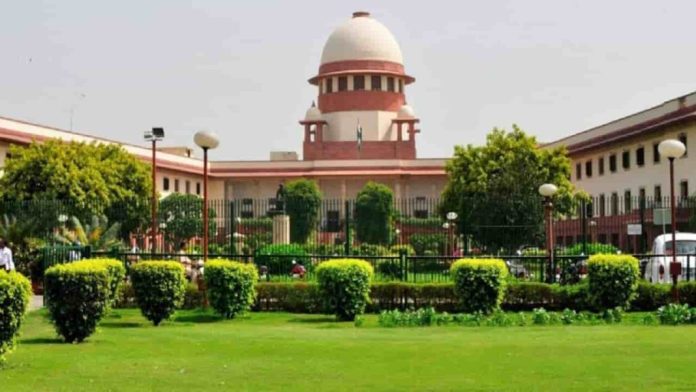The Supreme Court has pulled up the Central government for not coming up with a solution to the rising disparity in medical expenses between government and private facilities.
Noting that the citizens of India have a fundamental right to healthcare, the Bench of Justice BR Gavai and Justice Sandeep said the Centre cannot shirk away from its responsibility in the matter.
It observed that a cataract surgery in a government hospital would cost up to Rs 10,000, while the cost of the same would go up to anywhere between Rs 30,000-1,40,000 in a private facility.
The top court of the country further took strong exception to the Centre for seeking implementation of the 14-year-old Clinical Establishment (Central Government) Rules, which mandated the notification of a standard rate in consultation with states for the treatment and procedures of ailments in metros, cities and towns.
The Counsel appearing for the Union of India contended that the Central government had written to the states repeatedly but got no response.
The Bench directed the Union Health Secretary to call a meeting of his state counterparts and ensure notification of a standard rate within a month.
It warned that if the Centre failed to find a solution, the Apex Court would considering the petitioner’s plea to enforce CGHS-prescribed standardized rates.
It further directed the Union of India to implement 14-year-old rules establishing standard rates for treatments in consultation with states, which mandate the notification of a standard rate in consultation with states for the treatment and procedures of ailments in metros, cities and towns.
Under the Rules, all hospitals and clinical establishments, to keep intact their registration, must “display rates charged for each type of service provided and facilities available for benefit of patients at a conspicuous place in vernacular as well as in English language; and charge rates for each type of procedures and services within range of rates determined and issued by Centre from time to time, in consultation with state govts.”
The petitioner contended that the Central government promptly implemented standardized treatment rates for patients during the Covid-19 pandemic.
The petitioner further suggested that in cases where states did not cooperate in framing a range of rates for various treatments, the Centre could use its authority under central laws to unilaterally declare fees for different medical procedures.


